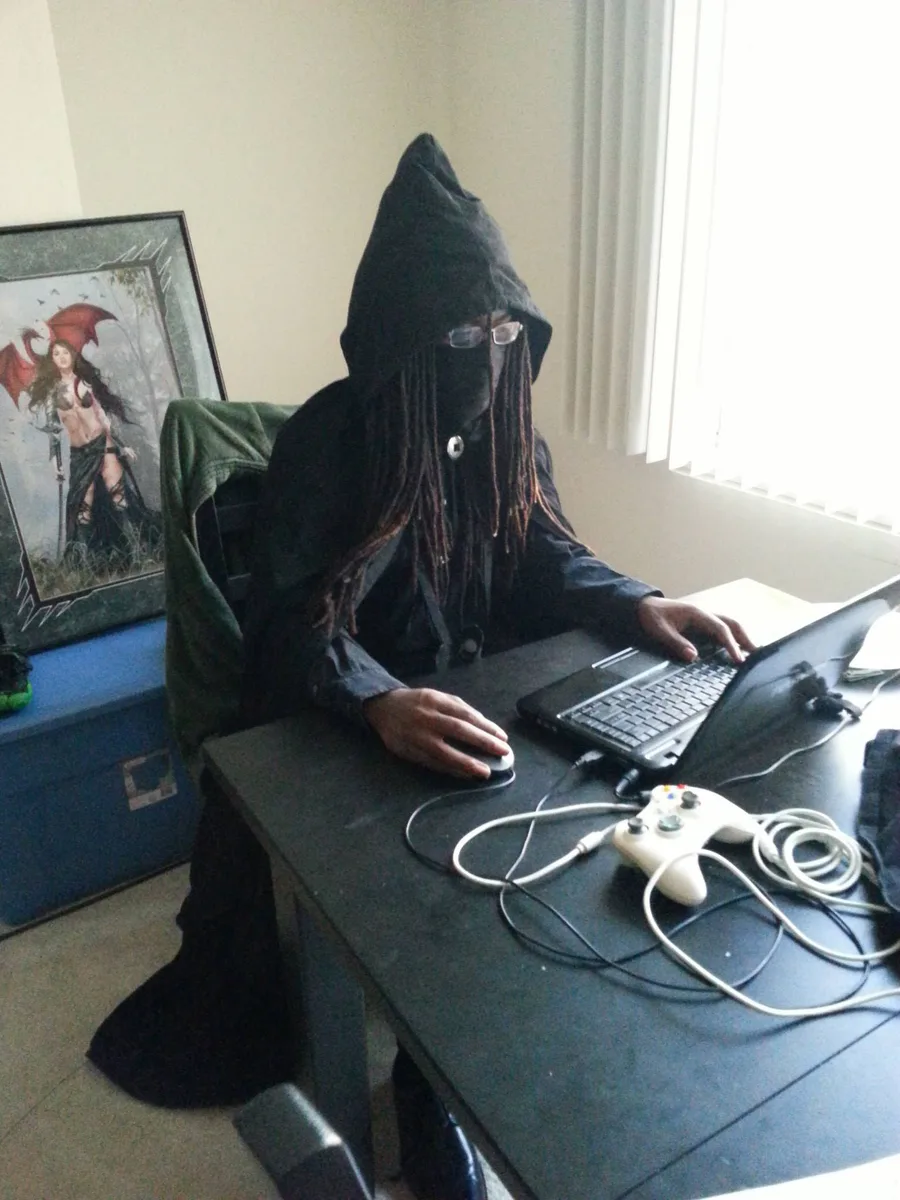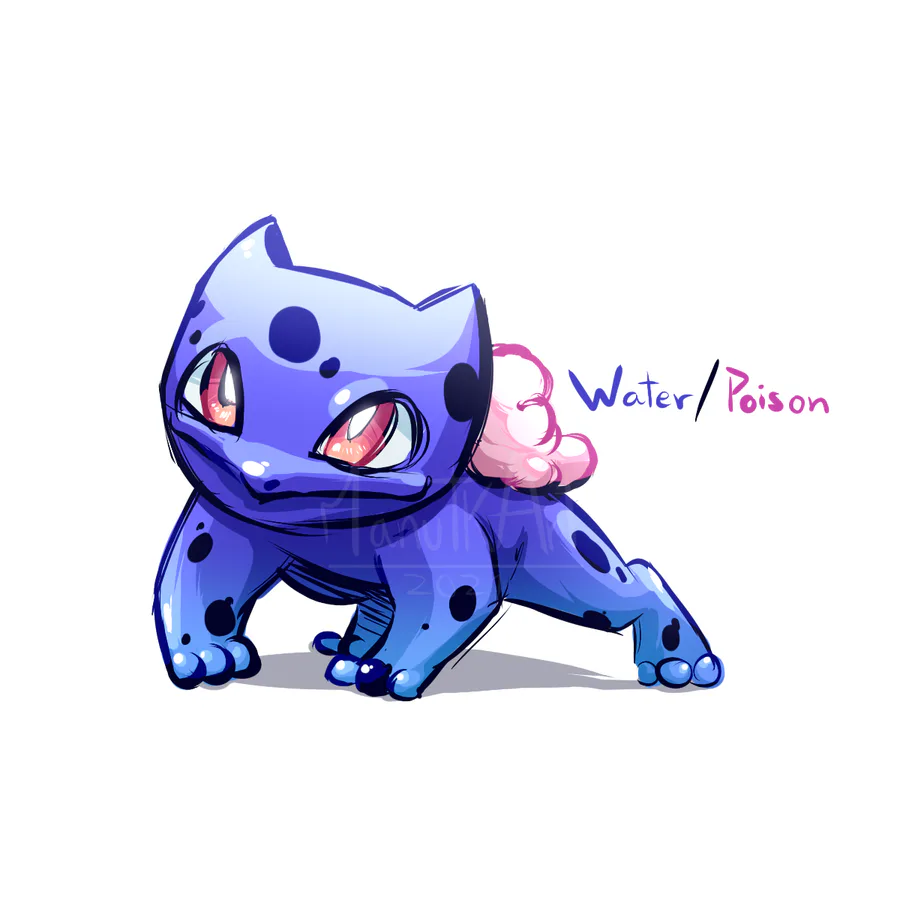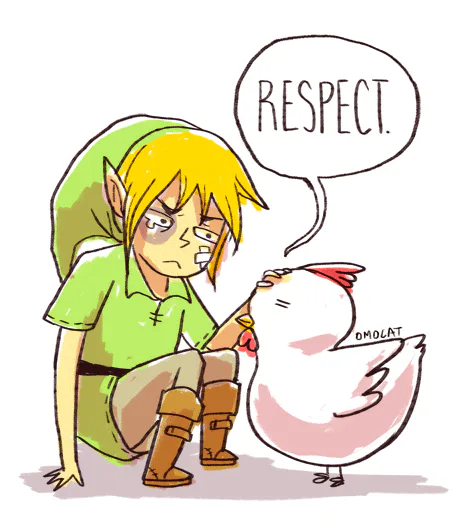from Black Girl Dangerous
Let Us Live: The criminalization of black girls starts early; they face higher rates of suspension compared to their non-black counterparts, which begins and upholds the school to prison pipeline. Showing up for incarcerated black women means allowing space for us to live authentically. We live in a heightened state of being policed but our personal treatment of black girls can make a difference. Support our agency. Let us dance. Let us wear our hair in a way we see fit. Support us in taking back our autonomy in proactive way.
De-stigmatize your perception of incarceration: In a criminal (in)justice system where prosecutors are 95% white, where jurors are overwhelmingly white, and whose history was built upon criminalizing black people, it’s no surprise that black people face harsher and longer sentences. From Jim Crow to the “War on Drugs”, the livelihood of black people has been and continues to be policed. As black women our actions, like grocery shopping, walking to a bar as a black trans woman, or defending ourselves against domestic violence carry the risk of incarceration or death. In an effort to fight for black women and femmes who are disproportionately targeted by these laws, it’s important to realize how we are systematically policed and how that manifests into imprisonment.
Uplift the narratives of incarcerated black women: In the US, black women are more likely to face imprisonment than women of any other racial group, yet mainstream media ignores our stories. It’s important to bring our narratives to light. Black women’s experiences with police brutality, mistreatment inside prison, and unfair sentencing need to be shared. Fundraise for our attendance to statewide and national conferences so we have a greater platform to share our truths. #SayOurNames. Share our stories. Center us, and let it be known that #IncarceratedBlackWomensLivesMatter, too.
Intentionally give space: There is a lot of pain associated with being institutionalized and carrying the risk of incarceration. Since our voices are often silenced, it’s important for us to have a space to go to where we are heard, & feel validated. Be that space.
Work with orgs that serve incarcerated people and center black women & femmes: Despite constant harassment on the inside, one of the most important experiences I had was a phone call from my sibling. It kept me going and gave me something to live for. Being locked up can be bleak but it doesn’t have to be. Black & Pink and Dignity & Power Now are just two entities that offer support to currently and formerly incarcerated people. Be intentional about providing support to black queer and trans women, as we often deal with intersectional forms of violence in and out of institutions. Write a letter, make a phone call, put some money on our books; small things like this can be hugely impactful for us, and can make time spent on the inside a little less dreadful.
Share the wealth! It can be difficult to navigate life once released from jail. With a criminal record, it can be difficult and nearly impossible to secure employment. Monetary assistance is essential. Donate to crowdfunding efforts that help once-jailed black women in our re-entry efforts. Support the entrepreneurial projects of formerly incarcerated black women. If you cannot give money directly, consider donating items to community centers that focus on giving back to black women. Contributions like this can drastically change the life of a black women whose life is forever changed because of incarceration.
Advocate for & support policy changes: There is legislation in place that unfairly criminalizes black women and you can play a role in eliminating it. For example, the zero-tolerance policies that exist in primary and secondary schools, disproportionately target young black girls at our most vulnerable phase of development, needs to be abolished. An alternative response could be restorative justice, a community-based response to conflict. This method minimizes the influence of police and offers all parties involved the opportunity to be accountable. At the same time, it allows young black girls the safety from having to interact with oppressive police officers. Implementing these can be instrumental in creating change. President Obama just unveiled new criminal justice proposals to lessen the impact of mass incarceration in the US. These include minimizing sentences for nonviolent drug possession, eliminating solitary confinement, “banning the box” on job applications, and restoring voting rights to released prisoners. We also need to support these reforms and fight to abolish other harmful laws.










0 comments